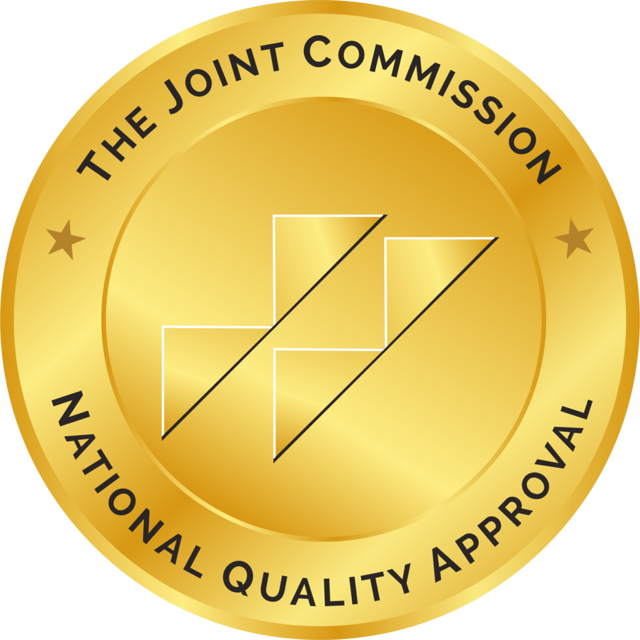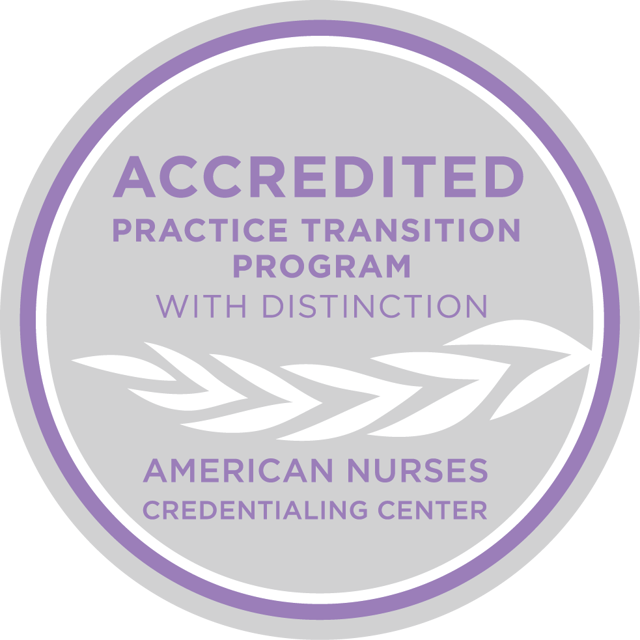
Specialty Care
Infusion treatments, whether at home, in a healthcare clinic or other non-hospital setting, require highly trained Specialty Care nursing and pharmacy support. Trust becomes essential for these higher-risk infusion therapies that require ongoing care.

Clinical Nutrition
Nutrition plays an essential role in sustaining quality of life for those who require care for complex conditions. Pentec Health provides personalized clinical nutrition solutions and superior community-based care.

Disease States
Managing the multifaceted needs for a variety of conditions requiring clinical nutrition and specialty care therapies, services and products. This includes patients with kidney disease, kidney failure, chronic, non-healing wounds, gastrointestinal conditions, rare metabolic disorders, chronic pain, muscle spasticity or cancer within or that has metastasized in the liver.

Continuing Education
By leveraging decades of clinical expertise, we are able to successfully demonstrate our industry leadership through webinars, speaker programs and research studies. We take pride in sharing valuable insights that enhance clinician education and practice.

Patient Resources
We are committed to supporting patients by empowering them with knowledge and resources needed to navigate their healthcare journey with confidence.

Pentec Health
Pentec Health is a national leader in clinical nutrition and specialty care integrating pharmacy services with clinical excellence to enhance the complex care journey.

The Role of Nutrition in Wound Healing
The role of nutrition in wound healing
Imagine a wound that refuses to heal despite weeks of advanced treatments, specialized dressings, and expert care. For many patients with chronic wounds, this frustrating scenario is all too familiar. But what if the missing piece isn't found in the latest medical device or treatment protocol? What if it's as fundamental as the nutrients flowing through their bloodstream?
For countless patients struggling with non-healing wounds, proper nutrition isn't just supportive care: it's the key that unlocks their body's natural healing potential.1
The hidden barrier to healing
When tissue is damaged, your body immediately shifts into repair mode. This biological response demands significantly more energy and specific nutrients than normal daily activities.2 Think of wound healing like constructing a building - without adequate raw materials, even the most skilled construction crew can't complete the job.
Unfortunately, malnutrition is surprisingly common among chronic wound patients.1,3 The healing process itself increases nutritional needs just as appetite often decreases due to pain, medications, or underlying conditions. This creates a problematic cycle where the body needs more nutrients precisely when it's getting fewer.
The consequences extend far beyond slower healing. Malnourished patients face weakened immune systems, increased infection risk, and complications that can turn manageable wounds into serious medical challenges.
Essential nutrients that power tissue repair
Your body requires specific nutritional building blocks to repair damaged tissue effectively. Here are the key players in wound healing:
- Protein and amino acids
New tissue is primarily made of protein, making adequate protein intake critical. Specific amino acids like arginine and glutamine are particularly valuable, supporting both tissue regeneration and immune function during the healing process.
- Energy from calories
Healing burns energy. The cellular activities involved in tissue repair require adequate calories from both carbohydrates and healthy fats to fuel the process.
- Vitamin C
Essential for collagen production, vitamin C provides the structural foundation that holds new tissue together. Without sufficient vitamin C, even minor wounds can struggle to heal properly.
- Vitamin A
This vitamin supports immune response and helps regulate the inflammatory process that's crucial for early wound healing stages.
- Zinc
This mineral plays a vital role in numerous cellular processes involved in tissue repair and immune function.
Real results - when nutrition makes the difference
The power of targeted nutritional intervention goes beyond theory. A recent case study tracked three patients whose chronic wounds had failed to respond to standard care protocols. Despite following established wound care guidelines, their wounds remained stubbornly unhealed.
After comprehensive nutritional assessments revealed significant deficits, including low pre-albumin levels and substantial weight loss, each patient received personalized nutritional support through parenteral nutrition (intravenous feeding).
The results were remarkable. Once their nutritional deficits were corrected, all three wounds progressed rapidly toward complete healing and closure. These cases demonstrate that for patients with persistent wound healing problems, addressing nutritional status can be the turning point in their recovery journey.
To see the full results of this study, you can read more here.
Supporting your patients' healing journey
At Pentec Health, we've seen firsthand how proper nutritional support transforms wound healing outcomes. Our clinical nutrition services are designed to work seamlessly with wound care teams, providing the specialized expertise needed to address complex nutritional challenges.
Our registered dietitians and pharmacists collaborate with your clinical team to develop comprehensive nutrition care plans tailored to each patient's unique needs. This includes conducting thorough nutritional assessments, creating personalized Medical Nutrition Therapy plans, and, when necessary, providing specialized parenteral nutrition for patients who cannot meet their needs through oral intake alone. By managing the complexities of nutritional care coordination and insurance navigation, we enable healthcare providers to focus on direct patient care while ensuring patients receive the nutritional support essential for healing.
The foundation for successful healing
Nutrition in wound care isn't optional - it's foundational. While advanced treatments and technologies certainly have their place, they cannot overcome the fundamental limitation of inadequate nutrition. For patients managing chronic wounds, ensuring proper nutritional status creates the optimal internal environment for healing to occur.
The most sophisticated wound care approach will fall short if the body lacks the basic building blocks needed for tissue repair. By recognizing nutrition as a therapeutic intervention rather than just supportive care, we can dramatically improve outcomes and help more patients achieve successful healing.
- Molnar, Joseph Andrew, et al. ‘Nutrition and Chronic Wounds’. Advances in Wound Care, vol. 3, no. 11, Nov. 2014, pp. 663–81. PubMed Central, https://doi.org/10.1089/wound.2014.0530.
- Seth, Ishith, et al. ‘Impact of Nutrition on Skin Wound Healing and Aesthetic Outcomes: A Comprehensive Narrative Review’. JPRAS Open, vol. 39, Jan.2024, pp. 291–302. PubMed Central, https://doi.org/10.1016/j.jpra.2024.01.006.
- Herberger, Katharina, et al. ‘Nutritional Status and Quality of Nutrition in Chronic Wound Patients’. International Wound Journal, vol. 17, no. 5, 2020, pp. 1246–54. Wiley Online Library, https://doi.org/10.1111/iwj.13378.

Proudly Quality Accredited
National Quality Approval
The Joint Commission

Accredited Practice Transition
Program With Distinction
American Nurses Credentialing Center

NHIA Provider Member
National Home Infusion Association Center
By using this website you accept our privacy policy. Choose the browser data you consent to allow:
